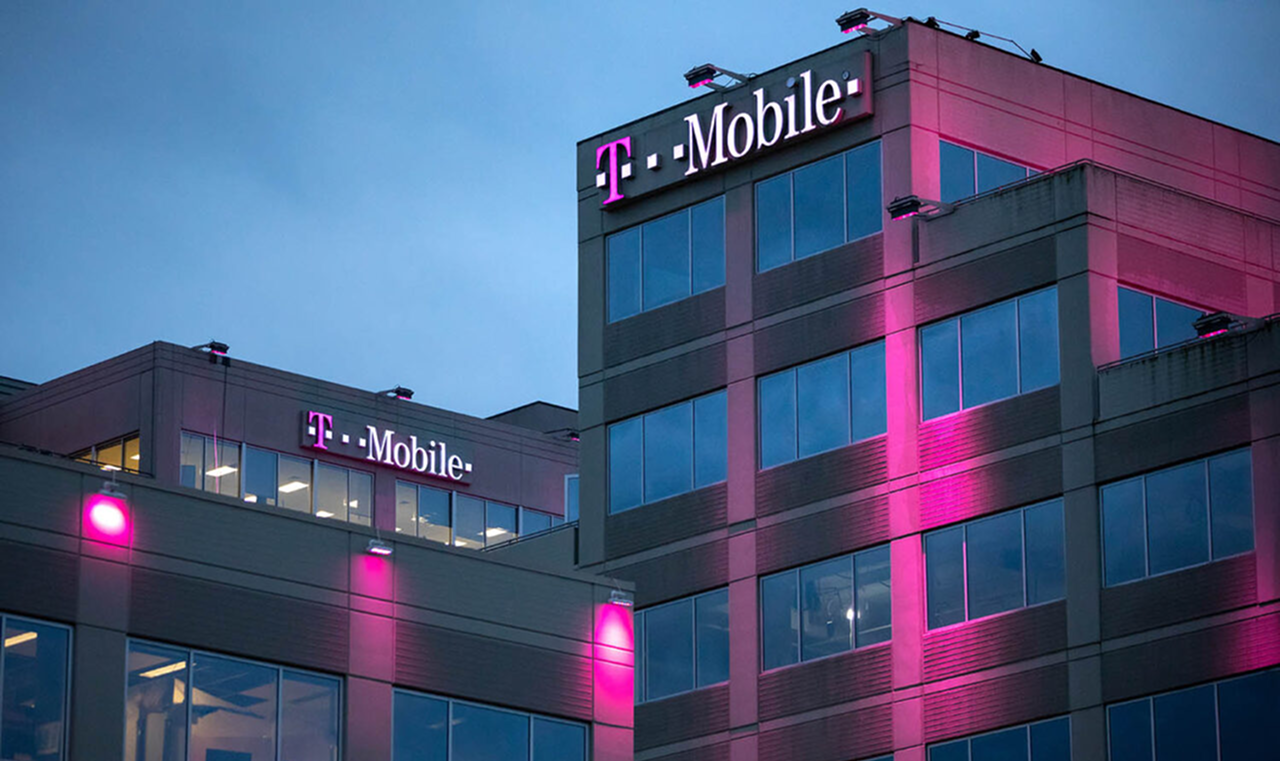T-Mobile Breach
T-Mobile revealed a data breach affecting 37 million customers due to an unsecured API. Exposed data includes names, emails, phone numbers, and addresses, posing risks for phishing. This marks T-Mobile's eighth breach since 2018, raising concerns about its cybersecurity.

T-Mobile Breach Exposes Data of 37 Million Customers: What Went Wrong and What You Should Know
In a troubling development for one of the largest U.S. wireless carriers, T-Mobile has disclosed a major data breach that compromised the personal information of approximately 37 million customers. The breach, which was discovered in January 2023 but began as early as November 2022, was the result of a poorly secured API a glaring oversight in an age where cybersecurity threats are ever-evolving.
What Was Exposed?
Although Social Security numbers and payment data were not compromised, the breach still exposed a trove of sensitive customer information, including:
- Full names
- Email addresses
- Phone numbers
- Billing addresses
- Dates of birth
- Account numbers
This kind of data, while not financial in nature, is a goldmine for cybercriminals engaged in social engineering, identity theft, and phishing schemes. The breach opens the door for impersonation, scam calls, fraudulent account takeovers, and more.
An Ongoing Pattern of Breaches
This is not an isolated incident. In fact, this marks T-Mobile’s eighth known data breach since 2018. Previous breaches have ranged in severity, including a 2021 breach that impacted over 40 million former and prospective customers and exposed full Social Security numbers.
Each incident chips away at customer trust and adds fuel to criticism that T-Mobile's cybersecurity posture remains inadequate despite repeated wake-up calls. The recurrence of such incidents suggests systemic issues, rather than isolated lapses, in how T-Mobile approaches data protection and threat mitigation.
The API Weak Spot
APIs (Application Programming Interfaces) are vital for modern digital services, enabling seamless communication between software systems. However, they also present a significant attack surface if not properly secured.
In this breach, attackers exploited an unsecured or misconfigured API, gaining unauthorized access to customer information. API-related vulnerabilities are increasingly being targeted by cybercriminals because they are often overlooked in security audits especially when organizations focus more on front-end and perimeter defenses.
What T-Mobile Says and What’s Next
T-Mobile stated that they have since secured the API and launched an investigation. They've also notified federal agencies and begun informing affected customers. However, the company’s assurances do little to quell concerns given their history of repeated breaches.
There is growing pressure on T-Mobile not just from customers, but also from regulators and lawmakers—to improve its cybersecurity practices and implement stronger preventive measures, including zero-trust architectures, continuous threat monitoring, and frequent security assessments of APIs and backend systems.
What You Should Do If You’re a T-Mobile Customer
Even though the most sensitive information like SSNs and credit card numbers wasn’t leaked, the exposed data is still highly exploitable. Here are steps you should take immediately:
- Be alert for phishing emails and scam calls. Bad actors may use your exposed data to craft convincing messages.
- Enable two-factor authentication (2FA) on your T-Mobile account and any other services that offer it.
- Monitor your accounts for suspicious activity. Keep an eye on bank, credit, and phone accounts for unusual behavior.
- Consider identity theft protection services, especially if you’ve been impacted by previous breaches.
Final Thoughts
The T-Mobile breach serves as yet another reminder that data security cannot be an afterthought especially for companies handling the personal information of millions. With APIs now a common target, the responsibility lies with corporations to not just react to breaches but proactively build resilient systems.
T-Mobile has a long road ahead to rebuild consumer trust. Until then, vigilance remains the best defense for customers left exposed by the latest in a string of preventable breaches.
















